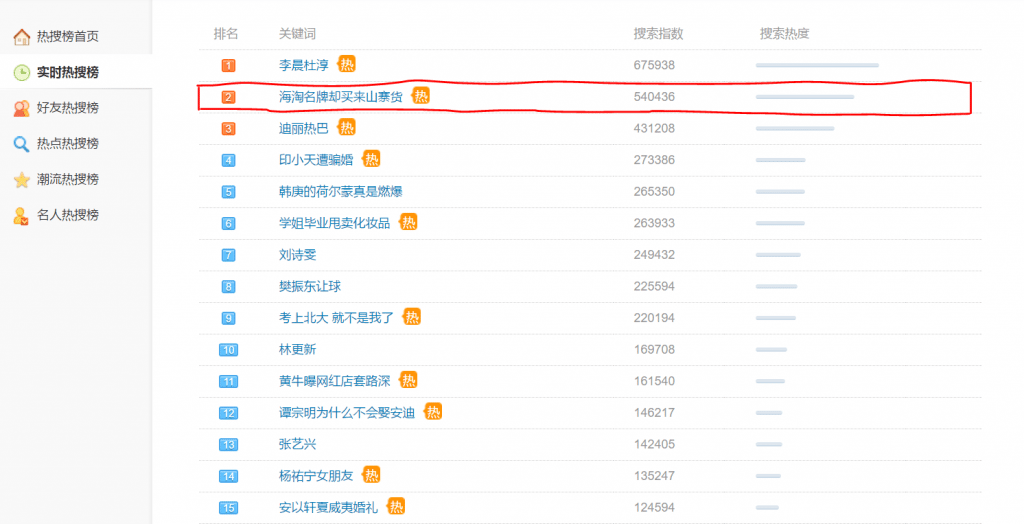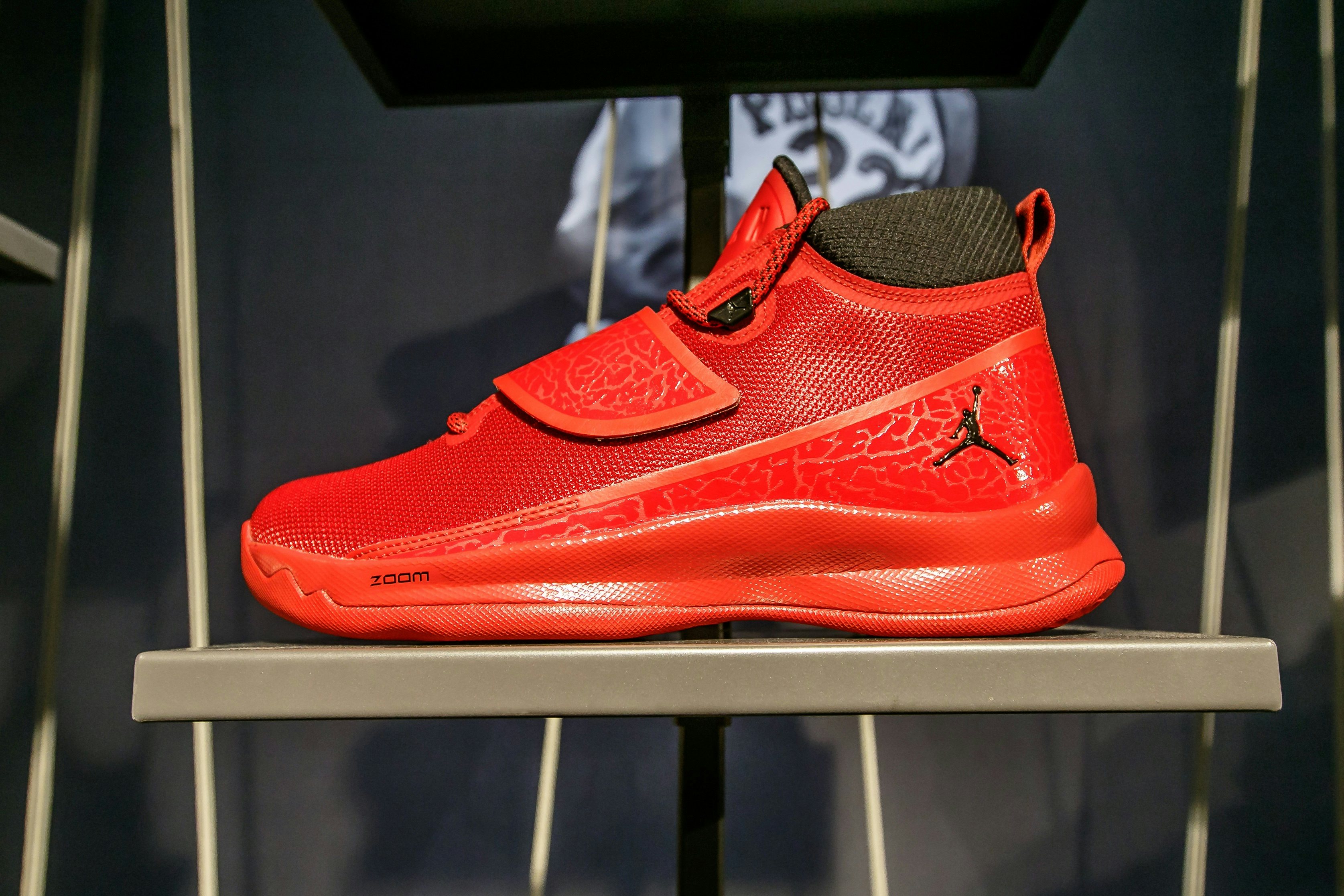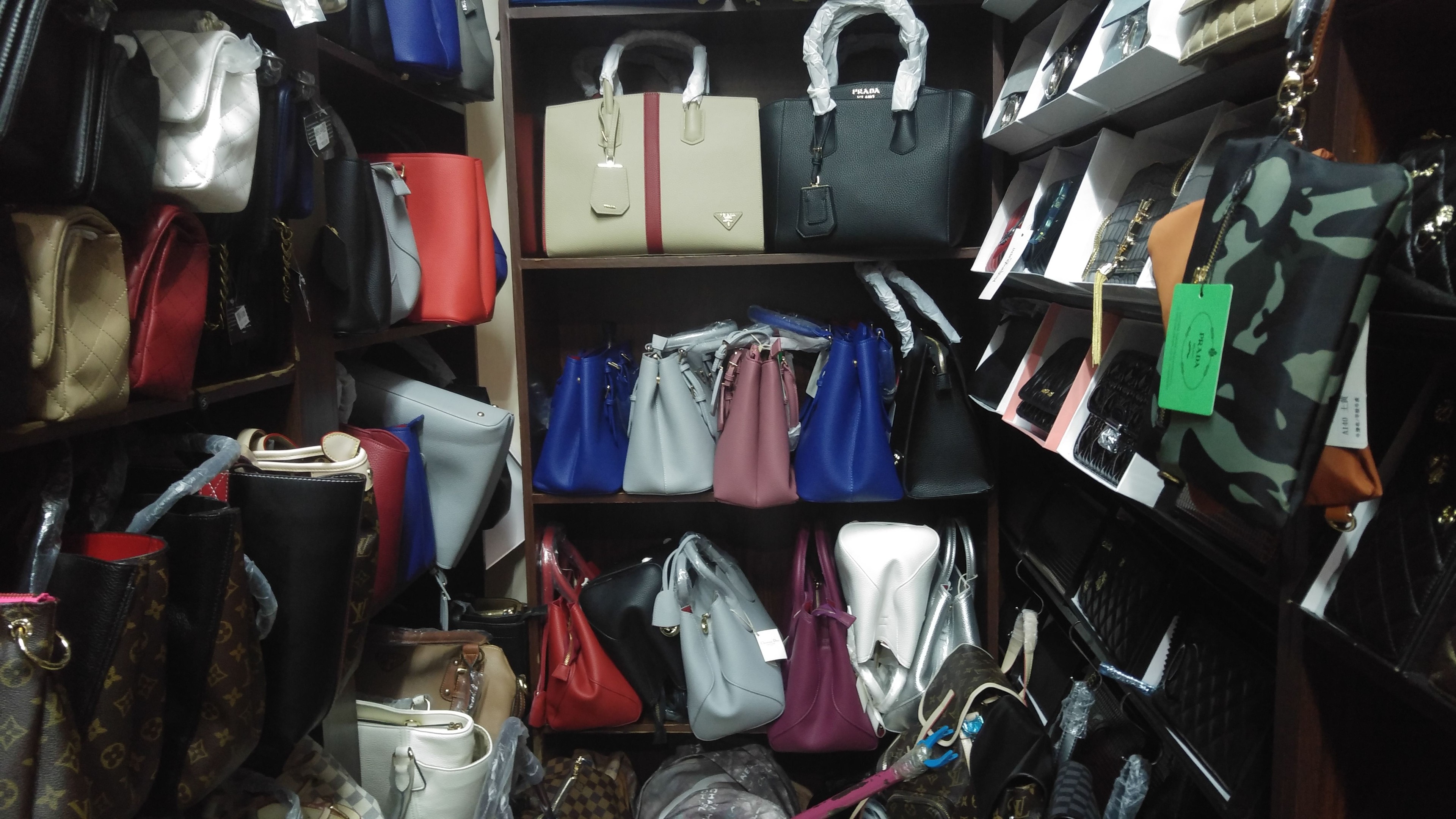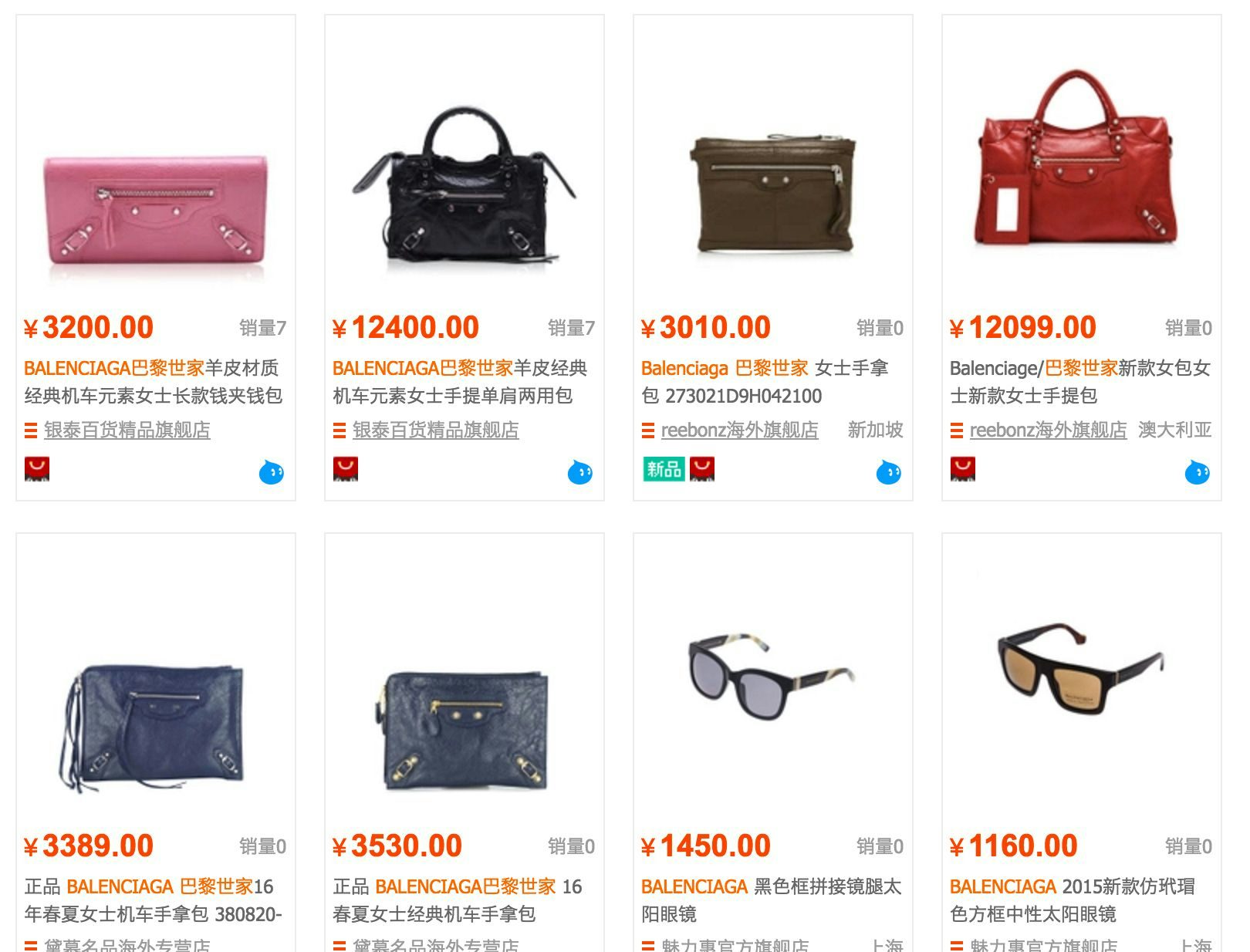Domestic factories in China have reportedly been cheating Chinese consumers who thought they were buying sneakers by Nike and Adidas by generating fake packaging that mimics the brand's authentic boxes and labels (right down to the foreign shipping addresses). According to the investigative report, published by the official newspaper Beijing Youth Daily on June 4, Nike’s classic Air Jordans are among the frequently copied items at the factories.
Ironically, Chinese consumers opt for international merchants hoping to avoid purchasing counterfeit products, which has become a major issue for luxury brands doing businesses in China. Little did these consumers know that the trendy sneakers they thought were coming from abroad were, in fact, the product of a domestic factory in Putian, Fujian Province.
Counterfeit Merchants Can Manipulate Their Shipping Addresses#
Most of the brands that have been implicated in the issue are sportswear labels such as Adidas, Nike and New Balance.

The news was one of the top trending topics on Weibo, where it garnered more than 550,000 discussions and engagements by the time of this publication.
“As long as you are willing to pay, you can have your products shipped from anywhere you want,” the Beijing Youth Daily wrote, “Japan, Korea and even Mars. That’s not a problem at all.”
The report said that the “remote online” collection service that is enabled by some Chinese logistics firms has helped these counterfeiters manipulate their shipping addresses. The service allows merchants to put different shipping addresses on the receipts, which has long been one of crucial methods that consumers have for verifying a product's authenticity. What’s more, these merchants also set up fake online tracking websites for customers to check the status of their “overseas” shipping, the report said.
The cost for merchants to fake their addresses is relatively low compared to the economic benefits they can reap. The report wrote that sellers only need to pay RMB35 (around 5.15) to “ship from the United States” and RMB22 (around 3.23) to “ship from Hong Kong.”
In a video that was co-released with the article, the logistics companies named are SF Express, YTO Express and Yunda Express. Thus far, only SF Express have come out and denied being involved, saying the place that appeared on the video was not one of their factories.
They also claimed that since 2015, they have worked with Putian’s local legal departments to deal with the counterfeiters mentioned in the report, and have, as a result, reported six suspicious deals and rejected over 3 million delivery requests from these producers. YTO Express didn't deny issuing counterfeit shipping addresses, but effectively admitted to it by apologizing for the harm done to their clients.
What Luxury Brands Can Learn#
The issue once again indicates that the counterfeit phenomenon in China is not a simple problem that can be eliminated with a simple solution. The growing need for foreign branded items among Chinese affluent consumers has driven these merchants to build a complete production, packing and shipping system in recent years, which requires luxury brands to develop local understanding to demystify.
As a temporary solution to the issue, many brands have placed their hope on Alibaba Group, the country’s largest e-commerce website and marketplace, which is plagued by fake items. However, that is far from enough for them to truly protect their businesses. As the above case shows, logistics is one of the links that sometimes can be neglected but can be easily manipulated by counterfeiters.
In addition, luxury brands should be wary of the possibility that Chinese overseas daigou agents are also likely to utilize this method for their business.


